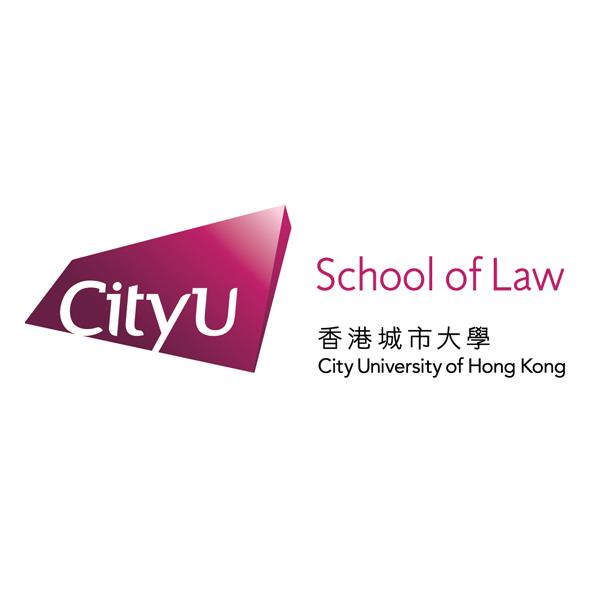Legal skills prepare graduates for the modern workplace
City University of Hong Kong’s School of Law courses equip students for an interdisciplinary, interconnected world
Share
Sponsored content: created in partnership with City University of Hong Kong.
Critical thinking and advocacy skills empower law graduates in their chosen careers, even if they do not enter legal practice, say academics within City University of Hong Kong’s School of Law.
“The most important feature is critical thinking skills and to be able to challenge something and look at a problem from different sides to come up with a novel solution,” says Mark Kielsgard, programme director of the Juris Doctor degree. “These skills are certainly applicable in the courtroom, but they are equally applicable out of the courtroom.”
Hong Kong, with its connections to both mainland China and Western countries, is a crossroads of cultures and trade. Such a melting pot reflects the interconnected, interdisciplinary world that graduates are entering, both within Hong Kong and the world more broadly.
CityU’s School of Law aims to equip its students with the resilience to engage with different disciplines, jurisdictions and technologies. “We have personnel from all around the world, coming from different jurisdictions, and bringing with them their legal culture,” says Michael Tsimplis, programme director of the Bachelor of Laws. “We’re working to develop courses that familiarise our students with the technological and other developments that happen in the world.”
To this end, the school has several interdisciplinary courses, dual degrees and partnerships with universities in the US, Australia, the UK and Europe. “We have made very significant efforts to promote globalisation of our Juris Doctor programme,” says Kielsgard.
The school also offers students for-credit internships with businesses in Hong Kong. “Students [don’t] just work in law firms,” says Sarah Tsui, associate director of the Juris Doctor degree. The school also offers placements in “international companies, banks, insurance companies and commercial companies”. “Students can work in a credit-bearing, well-monitored internship that lets them understand and see what the law is and how it works in business as well,” she says.
Such experiences give students the skills to operate in a range of environments and engage with a variety of people. Graduates “should be able to work with different financial sectors, and they should have an international mind”, says Tsimplis. “The mechanics of law are similar between different countries, but different countries have different principles and they implement them in different ways. If graduates want to operate in a world that is changing, they need these skills.”
The world is also changing technologically, and students need to understand these changes, the academics say. In recent years, much of legal practice, whether at the bar or in a commercial setting, has moved online, with Zoom hearings, online submissions and digital contracts increasingly common. “The real difficulties are going to be what’s coming down the road in five, 10 years, and how we equip students to deal with those issues,” says Ubaid Rehman, programme director of the Postgraduate Certificate in Laws. Machine learning and artificial intelligence tools are being trialled to draft contracts and undertake legal research. “How do you then teach students to live in a world where machines will be doing a lot of the work? That is something we are thinking about,” he says.
about the CityU School of Law.
